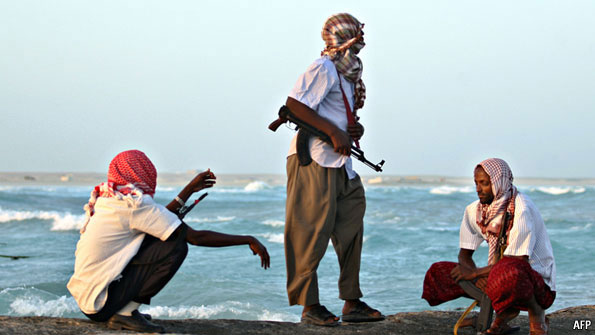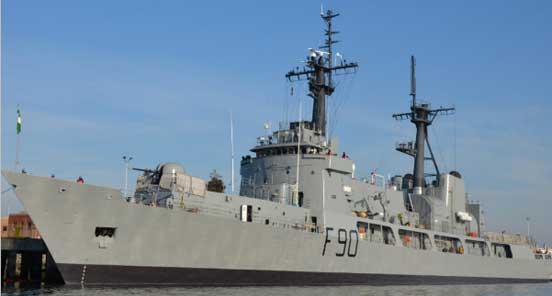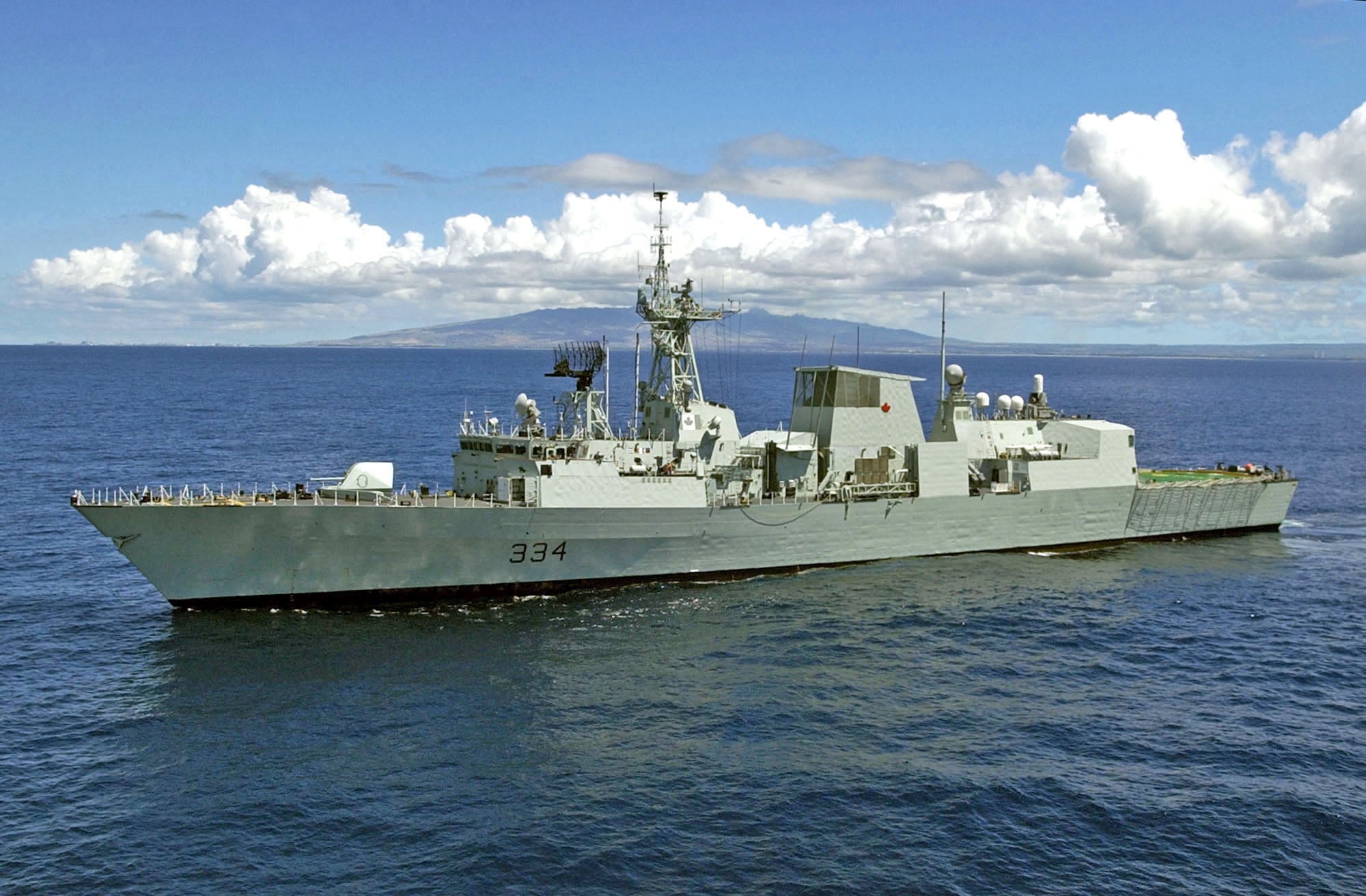Interview by James M. Bridger
Given the dangers associated with conducting research in the country, Somalia has long suffered from a dearth of genuine academic and journalistic inquiry—resulting in a number of myths and misconceptions. Seeking to counter this, Dr. Christopher Daniels has carried out extensive research in Somalia and the wider region in an attempt to unravel the nexus between pirate gangs and Islamist militias. I had the opportunity to sit down and talk Somalia with Dr. Daniels while we were in Addis Ababa, Ethiopia, presenting at a symposium on NATO-African Union Relations.
Dr. Daniels, could you briefly describe the security situation in Somalia in regards to insurgency, piracy, and foreign intervention?
The security situation in Somalia is entering a very interesting state. In the last several months we have witnessed a “surge” of foreign involvement by military forces from Kenya, Djibouti, Ethiopia and several others. This action has dramatically reduced the amount of territory that [the Islamist insurgency] al-Shabaab controls. Eliminating al-Shabaab’s control of large portions of Somalia has been a major victory but it also created the new threat of an underground insurgency. There have been several suicide bomb attacks in Mogadishu and there possibly could be more to come.
In regards to piracy, there have been limited amounts of success. There are several international efforts currently occurring on land and at sea that seek to limit or put an end to these menacing acts but they are limited by two factors. The first is the lack of a proper international legal framework that will enable countries to arrest and convict those engaging in acts of piracy. Current international maritime law makes it very challenging to accomplish this goal. The second factor is the continued willingness of ship owners to pay ransoms. As long as the prospect of collecting millions of dollars in ransoms exists piracy will continue to flourish.
What is the relationship between pirate gangs and al-Shabaab in Somalia? What does this mean for local and Western security policy?
Based on the research I conducted for my book, Somali Piracy and Terrorism in the Horn of Africa, I found that there is direct link between pirate gangs and al-Shabaab. Many of the ships that are captured by the pirates are brought to port in cities that are under the control of the insurgents. According to my research on the distribution of ransom money, typically 10 percent of any ransom will go to the local governing authority which in many cases was al-Shabaab.
It is because of this that I suggested that paying ransoms should be considered providing support to a terrorist organization. This would, in my opinion, cause a sharp decline in companies’ willingness to pay ransoms which would ultimately reduce the incentive for young Somalis to become involved in acts of piracy.
In regards to foreign intervention and engagement with Somalia, what lessons have been learned and what can be improved?
The most important lesson learned from the previous interventions in Somalia was that without a stable government in place to partner with any intervention would be doomed to fail. That is why there has been such a concerted effort on the part of the international community to ensure that the Transitional Federal Government (TFG) has had time to establish itself. The one problem that has arisen from this however, is that the proper mechanisms haven’t been established to hold the TFG responsible for providing services to its people. As of now, the TFG has done little to nothing for the citizens of Somalia and has little respect and credibility amongst the people as a result. As the world considers pumping billions of dollars of aid into Somalia it will be critical that mechanisms are put into place to ensure that the money goes to its intended purposes. Blindly supporting a corrupt government could lead to the emergence of additional insurgent groups that will reverse the progress that has been made in the nation.
Based on your recent research in Somalia, what do you see as the most positive development taking place in the country and its regions?
I’ve had the opportunity to travel to Somalia & Ethiopia twice over the past six months and I’ve seen an abundance of positive developments. Beginning with Somalia, during my trip to Hargeisa I learned that if given the chance the Somali people will chose democracy. In Somaliland [a secessionist region in northern Somalia] they have been able to establish a functioning democracy that has lasted for over 21 years. The same could be possible for the rest of the country if peace were established and the natural culture and customs of the Somali people were allowed to reassert themselves.
In terms of the region, I believe it’s a very encouraging development to see Ethiopia, Kenya and Djibouti all making a concerted effort to re-establish peace within Somalia. For decades there have been dozens of proxy wars between regional rivals fought within Somalia’s territory so it’s a positive to see this changing.
In sum, I believe that Somalia is moving in the right direction. I just think there has to be a continued effort on the part of regional and international actors to keep the progress going. Considering that fact that Somalia has been stateless for over twenty years, it is clear that it could take several years to reestablish peace within the nation. The successes that have been achieved in Somaliland during this same time frame prove that there can be a democratic functioning government in Somalia if the proper steps are taken.
[captionpix align=”left” theme=”elegant” width=”120″ imgsrc=”http://natoassociation.ca/wp-content/uploads/2012/04/Untitled5.png” captiontext=” Dr. Christopher Daniels.”]
Christopher L. Daniels, Ph.D., is professor at Florida A&M University with an appointment to its Center for Global Security and International Affairs. He has previously served as professor at Georgetown University. Dr. Daniels debut book, Somali Piracy and Terrorism in the Horn of Africa, was published in April 2012 by Scarecrow Press.




